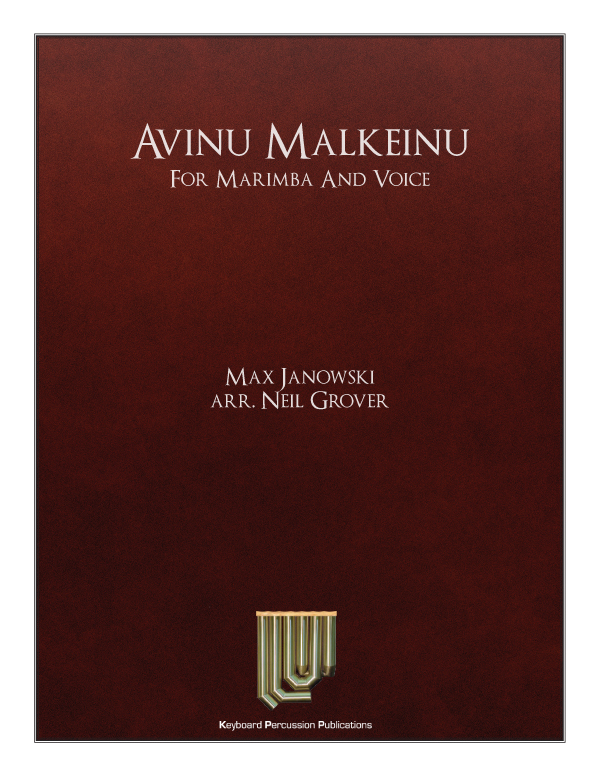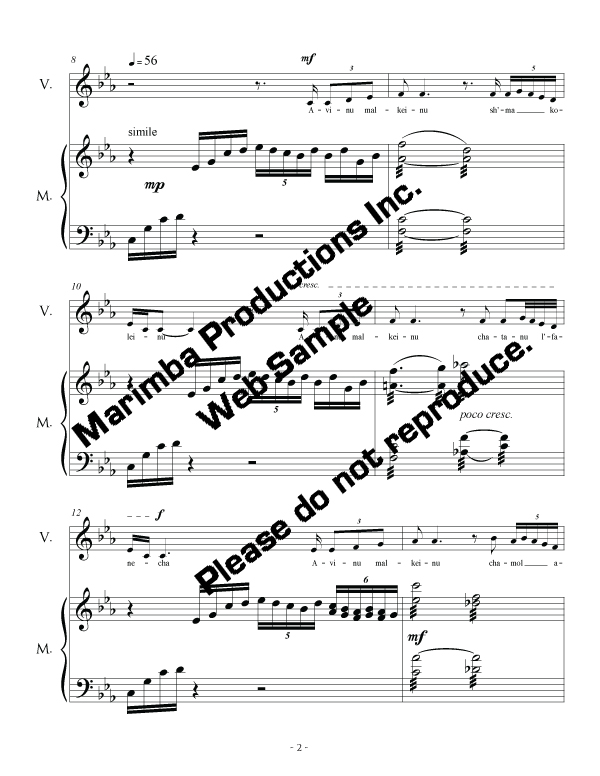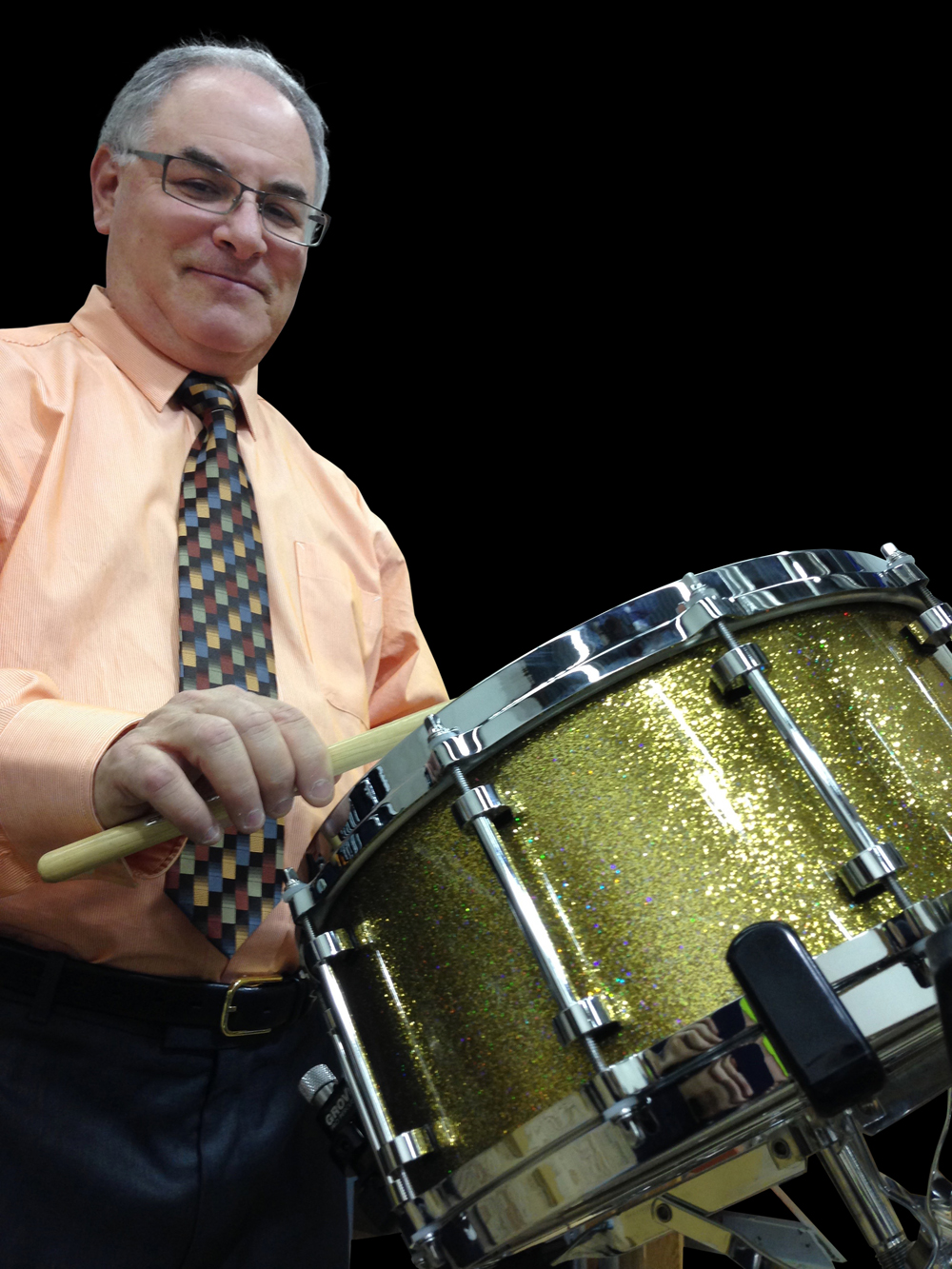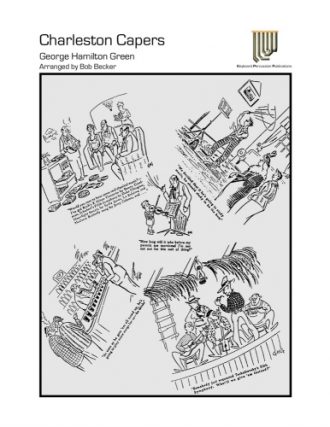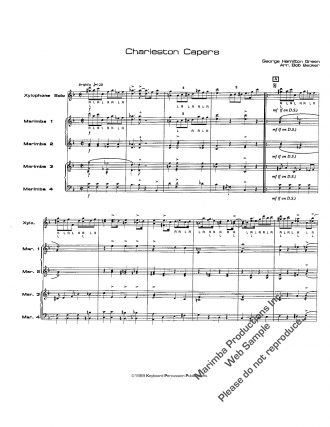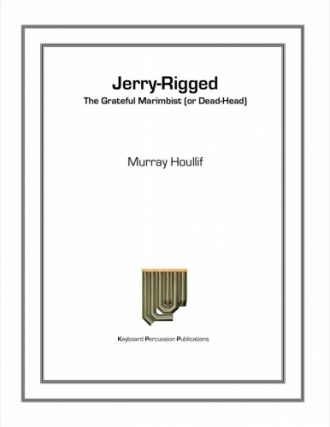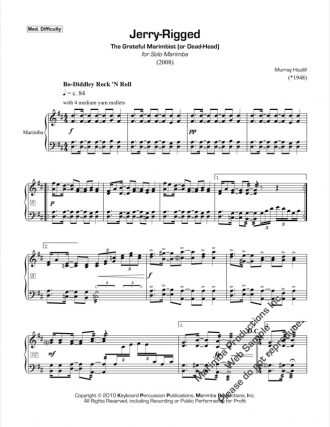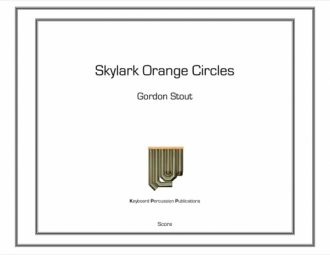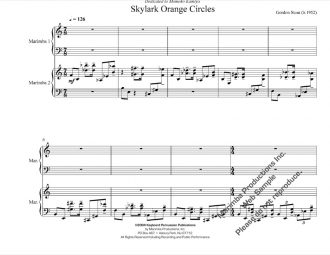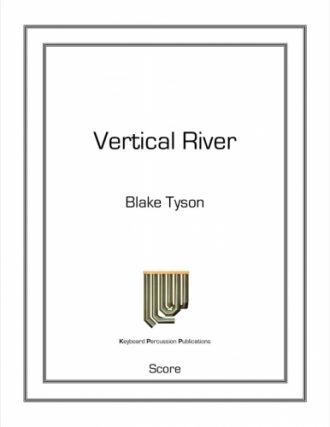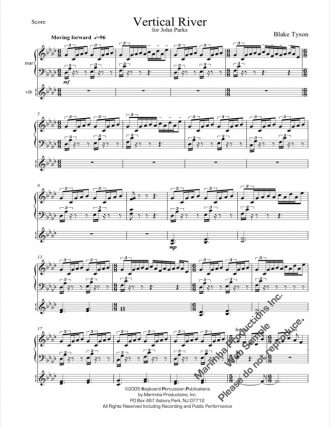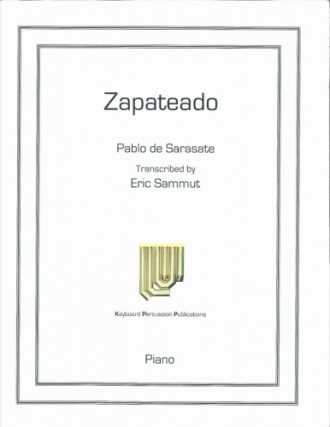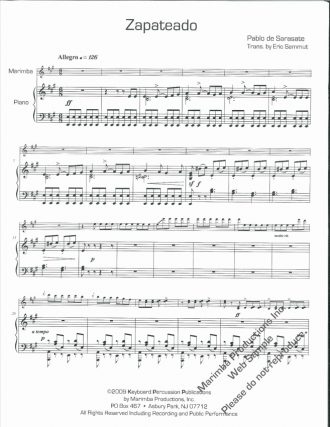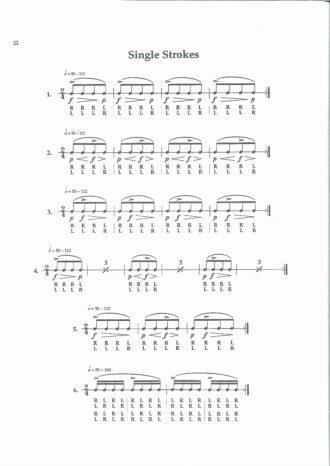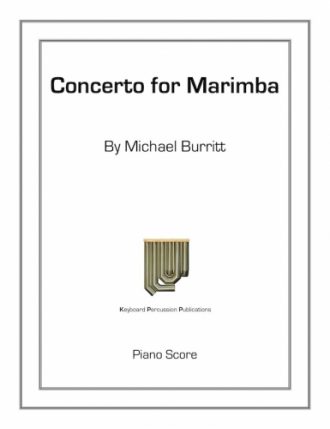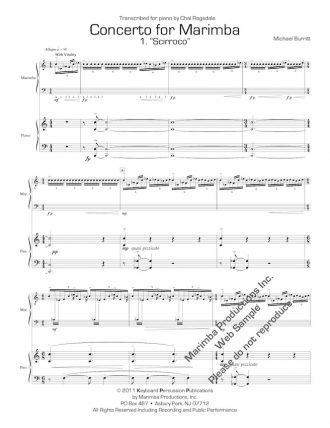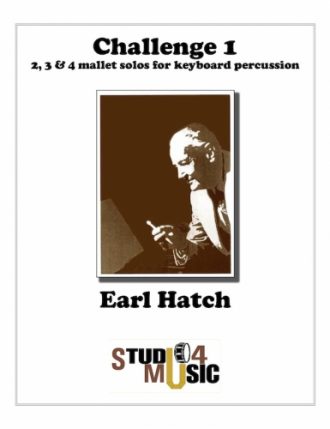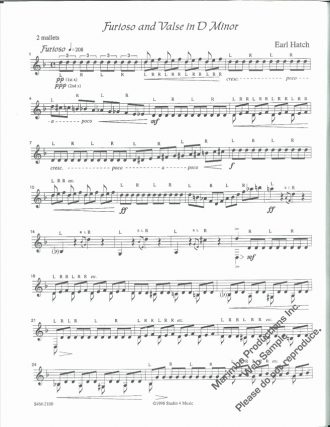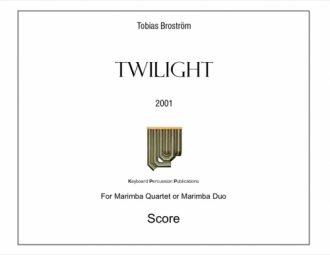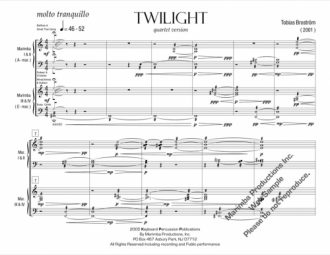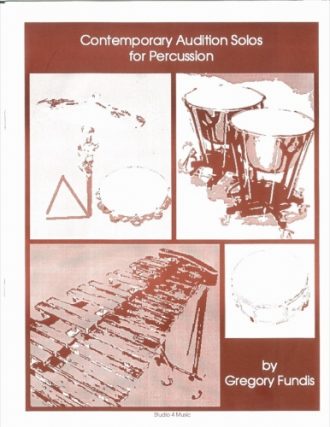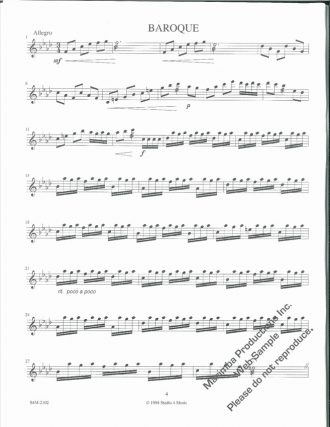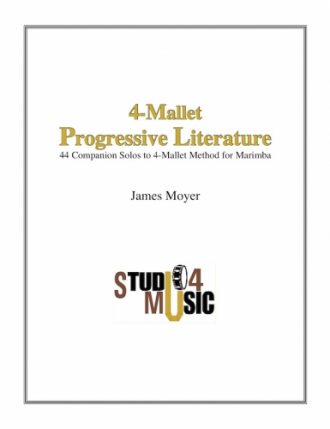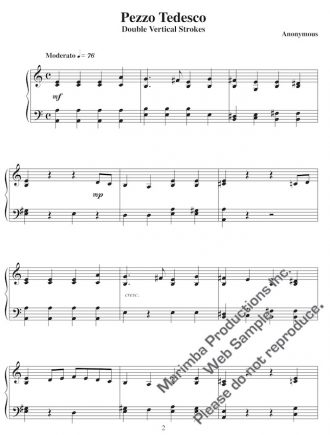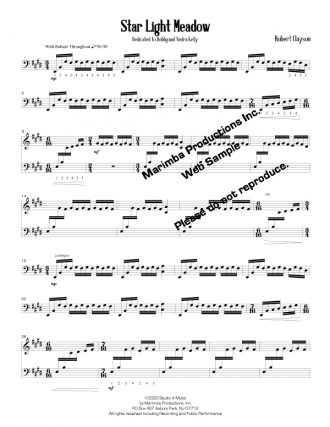Avinu Malkeinu (Hebrew: אָבִינוּ מַלְכֵּנוּ ; “Our Father, Our King”) is an ancient Jewish prayer whose origin can be traced back to the ninth century. It is recited throughout the Jewish High Holy Days, from Rosh Hashanah (start of the Jewish New Year) to Yom Kippur (Day of Repentance). Each line of the prayer begins with the words “Avinu Malkeinu,” “Our Father, Our King”* and is then followed by varying phrases, mostly supplicatory. This sacred prayer of atonement is one of the most important and revered of all Jewish psalms. It is of special importance in times when people feel small and powerless, uncertain about their future; when they feel that they have no voice which human ears can hear. Avinu Malchenu is a prayer that has survived the great Jewish Diaspora, even after expulsion from Spain in the 15th century, when Sephardic Jews were welcomed into the Ottoman Empire settling far and wide across the Balkan Peninsula, Middle East and North Africa.
This arrangement, written especially for marimbist Sylvie Zakarian, treats the marimba and voice as equal partners engaged in musical interplay. The virtuosic marimba part not only supports, but, often contrasts the lyrical reverence of the vocal line, reflective of the emotive expressiveness found deep within the human spirit.
Both the short introduction and ending contain melodic quotes from a film score written by Ernest Gold, a Jewish émigré to the US, who (like many others), fled persecution of the Jews in Europe. He went on to become one of a group of Jewish composers who found success as film composers in the major motion picture studios of Hollywood.
Max Janowski’s version of “Avinu Malkeinu” is standard repertoire for the Jewish High Holidays. This arrangement of that setting by Neil Grover places the harmonic and melodic ideas from Janowski in a smaller chamber setting for marimba and voice. Written for marimbist Sylvie Zakarian, Grover states that his version “treats the marimba and voice as equal partners engaged in musical interplay.” This is clear in a marimba part that both suppotrs and contrasts the vocal line, and is “reflective of the emotive expressiveness found deep within the human spirit.”
The marimba part is technically demanding and requires a performer with established four-mallet experience. A variety of tuplet groupings appear in the work, but given the rubato nature of the piece, the rhythms seem to be somewhat flexible. The range of the vocal part spans 1.4 octaves, so while written in treble clef, it could be performed by either male or female vocalists using octave transposition.
The original Janowski piece is truly a beautiful work, and Grover’s arrangement gives percussionists access to a unique piece for voice and marimba that would be very engaging for both audiences and performers. It would work well in just about any setting, from undergradate to graduate or professional performers.
-Brian Nozny, Percussive Notes, July 2019

